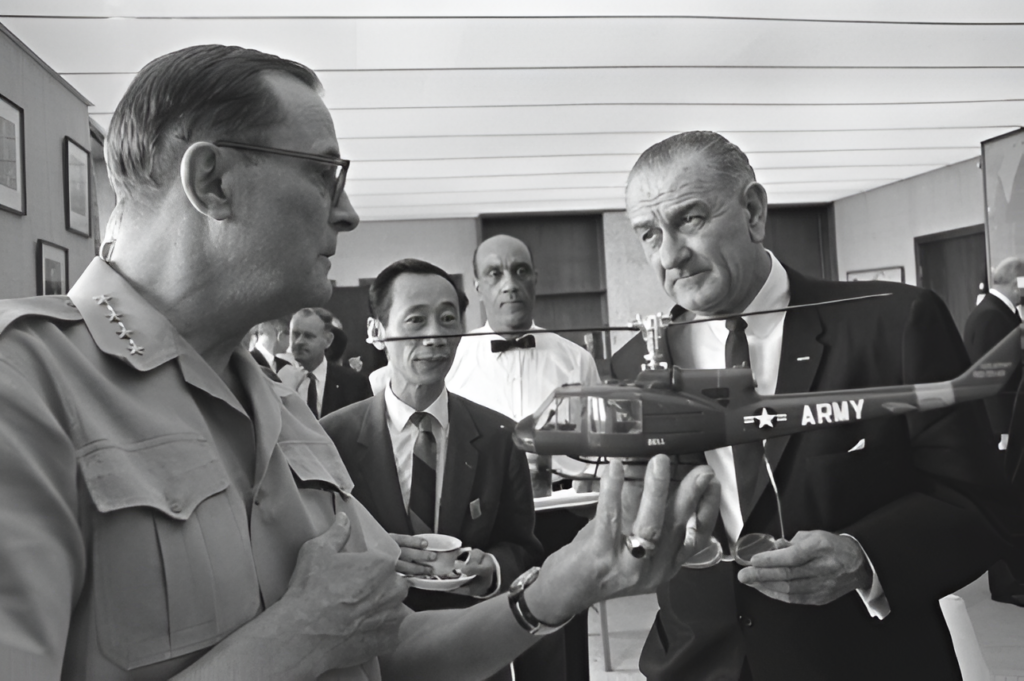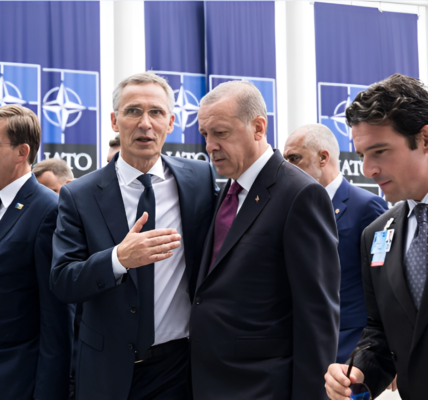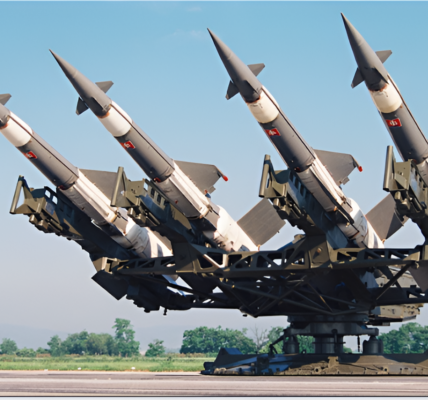The Wargames That Predicted America’s Struggles in Vietnam — And What They Mean for Taiwan Today

In the early 1960s, as America grappled with escalating tensions in Southeast Asia, President Lyndon B. Johnson was confronted with an agonizing decision. His re-election campaign was underway, but his administration was increasingly preoccupied with the growing instability in South Vietnam, where the Viet Cong were intensifying their attacks. As the situation seemed to spiral out of control, top advisers gathered in secret Pentagon wargames known as the Sigma Wargames. Played between 1962 and 1967, these simulations aimed to forecast the outcomes of U.S. military involvement in Vietnam. Prominent figures such as National Security Advisor McGeorge Bundy, Chairman of the Joint Chiefs of Staff Earle Wheeler, and Gen. Curtis LeMay participated, trying to foresee the best strategy for American engagement.
The results were sobering. The games consistently showed that the United States would not be able to secure a quick victory in Vietnam. Despite strategic bombing efforts, the games indicated that North Vietnam’s resilience and the Viet Cong’s attrition strategy would drag the U.S. into a protracted, costly conflict. Further, they highlighted the difficulty of managing both the escalation of the war and domestic and international political pressures. The verdict? The war would be a drawn-out quagmire with significant costs — both militarily and politically.
Despite these clear warnings, it appears the Sigma games’ insights had little impact on the U.S. government’s decision-making. Despite its impressive participation by high-level officials, the lessons of the games were seemingly sidelined. The results failed to permeate the top echelons of the Johnson administration, largely due to resistance from key players like Robert McNamara and Gen. LeMay, who dismissed the findings as flawed or irrelevant.
Fast forward to today, and a similar set of circumstances is unfolding, albeit with a new adversary: China. As tensions mount over Taiwan, wargames once again have become a tool for U.S. strategists to explore the potential costs and outcomes of military intervention. In simulations conducted by think tanks like the Center for a New American Security and the Center for Strategic and International Studies, the findings echo the predictions of the Sigma games. These simulations suggest that a conflict with China over Taiwan would be bloody, difficult to control, and could quickly deplete U.S. military resources. And, like the Vietnam-era games, the results of these modern wargames have raised serious questions about America’s preparedness for such a conflict.
But unlike the classified Sigma games of the past, the current Taiwan simulations are being played out in the public eye. The media has closely covered the details of these games, with reports in outlets like The Wall Street Journal, Bloomberg, and even television broadcasts like Meet the Press. Despite the visibility, the broader public conversation around the potential consequences of a U.S.-China conflict has been largely muted, and no significant policy changes have followed.
The key takeaway from both the Sigma games and the current Taiwan simulations is that wargames, while invaluable in revealing the risks of various military strategies, rarely sway entrenched decision-makers. In the case of Vietnam, despite warnings about the limitations of air power and escalation, U.S. leaders pressed on, unable to alter the course of action. Similarly, in today’s China-Taiwan games, despite evidence of the enormous costs of such a conflict, U.S. military and political leaders remain hesitant to take drastic steps — whether it’s committing more troops or altering their stance on Taiwan’s defense.
Wargames offer a sobering look at the potential futures that lie ahead, shedding light on the hidden costs of war and highlighting strategic flaws. While they cannot definitively answer whether the U.S. should defend Taiwan — just as they couldn’t answer the question of Vietnam’s defense in the 1960s — they undeniably raise important questions. In both instances, the games have underscored the unpreparedness for a prolonged conflict. Yet the lessons of these simulations, whether during the Vietnam War or in the current context of China-Taiwan tensions, seem to struggle in cutting through bureaucratic inertia and the powerful forces that shape policy in Washington.
As we look to the future, the wargames of yesterday may provide critical insights for today’s leaders, urging them to carefully consider the consequences of escalation and military engagement. But, as history shows, the lessons from these simulations may be hard to implement in a world where strategic assumptions and political motivations often blind us to the risks of an uncertain, costly conflict.



